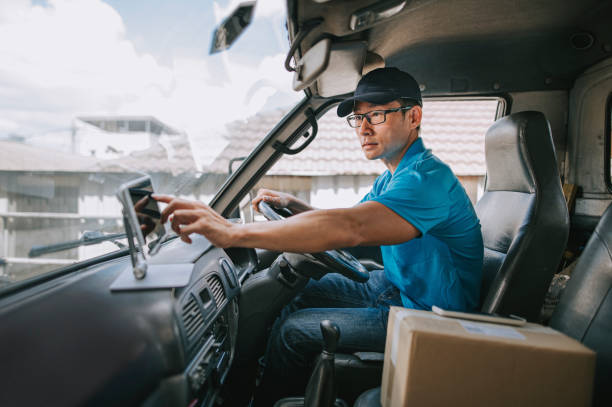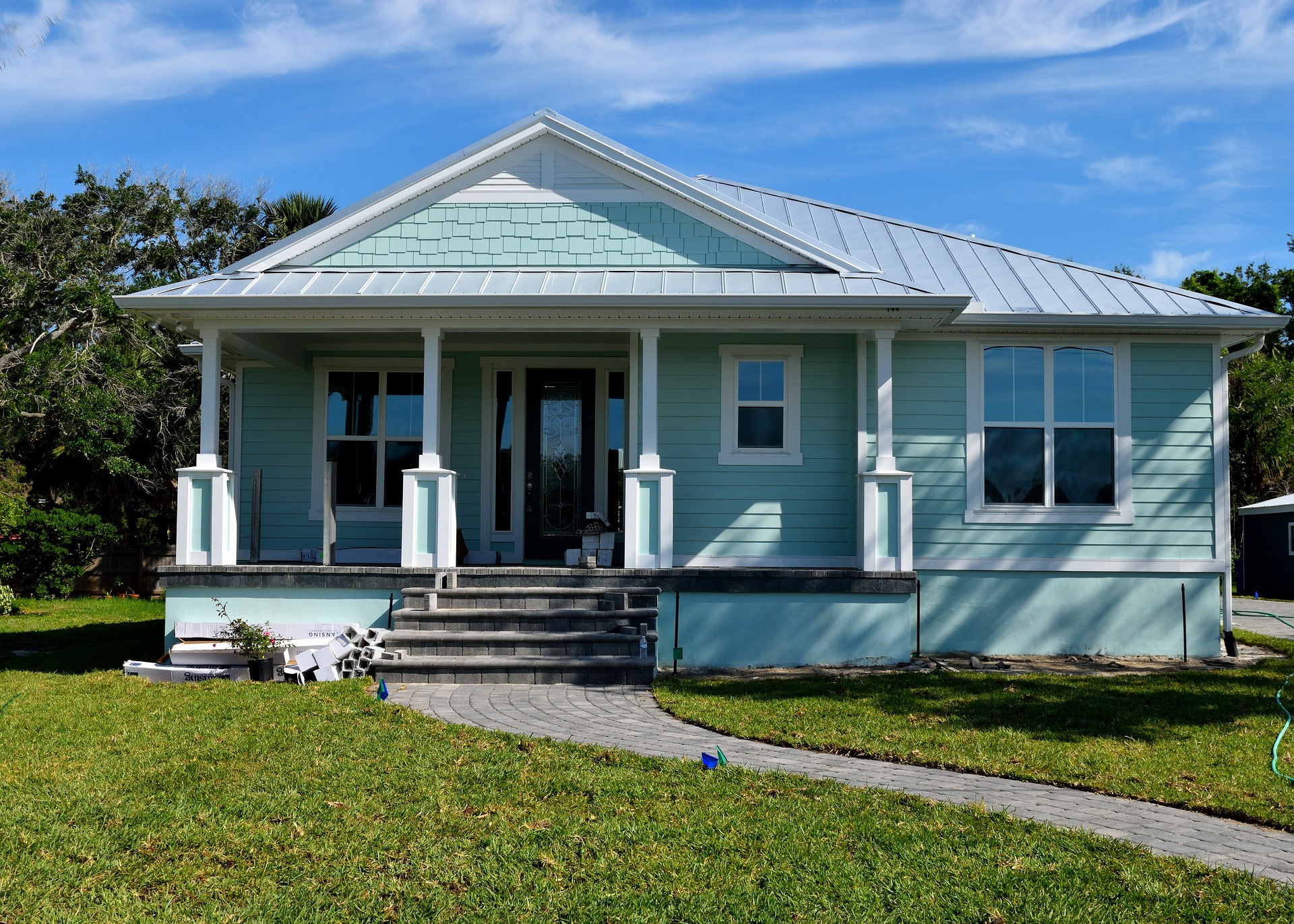Understanding Coffee Truck Financing
Coffee truck financing might support small business owners in starting or expanding mobile café operations. Learning about down payments, credit review, and equipment value may help guide decisions that align with long-term business and budgeting goals.

Coffee Truck Financing and Monthly Payment Options
When launching a mobile coffee business, one of the first decisions involves choosing between purchasing outright, financing through a loan, or leasing. Traditional financing typically involves securing a loan through a bank, credit union, or specialized lender that caters to food service businesses. Monthly payments will depend on the loan amount, interest rate, term length, and your creditworthiness. Most coffee truck loans range from three to seven years, with interest rates varying based on whether the truck is new or used, and whether you’re putting down a substantial deposit. Equipment financing can also be bundled into the loan, covering espresso machines, grinders, refrigeration units, and other essential gear. Many lenders offer fixed-rate loans, providing predictable monthly payments that help with budgeting and cash flow management during the critical early months of operation.
Mobile Coffee Business Financing and Startup Support
Beyond the truck itself, mobile coffee entrepreneurs need capital for permits, initial inventory, branding, marketing, and working capital to cover expenses before revenue becomes consistent. Several financing programs specifically target small food service startups, including Small Business Administration loans, microloans, and grants designed for entrepreneurs in underserved communities. Some lenders provide comprehensive startup packages that include not just vehicle financing but also business planning assistance, mentorship programs, and connections to suppliers. Community development financial institutions often offer more flexible terms for new business owners who may not qualify for traditional bank loans. Additionally, some equipment suppliers partner with financing companies to offer bundled deals that reduce the complexity of securing multiple loans from different sources. Researching local and regional programs can uncover opportunities for reduced interest rates or deferred payment options during the startup phase.
Used Coffee Truck Loans and Rent to Own Programs
Purchasing a used coffee truck can significantly reduce initial costs, making entrepreneurship more accessible to those with limited capital. Lenders typically offer loans for used vehicles, though interest rates may be slightly higher than for new trucks due to increased risk and depreciation concerns. The age and condition of the vehicle will impact loan approval and terms, with most lenders requiring a thorough inspection and appraisal before finalizing financing. Rent to own programs present an alternative path, allowing operators to make regular payments with a portion applied toward eventual ownership. These arrangements often require less stringent credit requirements and lower down payments compared to traditional loans. However, the total cost over time may exceed conventional financing, so careful comparison is essential. Some programs include maintenance and repair coverage during the rental period, reducing unexpected expenses. Used truck financing can also extend to refurbished vehicles that have been professionally updated with new equipment and cosmetic improvements, offering a middle ground between fully used and brand new options.
Coffee Truck Lease Programs and Flexible Terms
Leasing offers an alternative to ownership that can preserve working capital and provide flexibility as your business evolves. Operating leases typically involve lower monthly payments than loan financing, though you won’t build equity in the vehicle. At the end of the lease term, you may have options to purchase the truck at a predetermined price, extend the lease, or return the vehicle and upgrade to a newer model. This approach works well for entrepreneurs testing the market or planning to expand to multiple trucks over time. Some lease agreements include maintenance packages, reducing the burden of unexpected repair costs. Flexible terms may allow for seasonal payment adjustments, accommodating businesses that experience fluctuating revenue throughout the year. Capital leases function more like financing arrangements, with payments building toward ownership. Understanding the tax implications of leasing versus purchasing is important, as each structure offers different deductions and benefits that can impact your overall financial picture.
Comparing Coffee Truck Financing Options
When evaluating financing choices, comparing real providers and their typical offerings helps clarify which path aligns best with your business goals and financial situation. Below is a comparison of common financing types and estimated costs.
| Financing Type | Typical Provider Examples | Loan Amount Range | Estimated Monthly Payment | Key Features |
|---|---|---|---|---|
| Traditional Bank Loan | Wells Fargo, Bank of America | 50,000 - 150,000 USD | 800 - 2,500 USD | Fixed rates, 5-7 year terms, requires good credit |
| SBA Loan | Local banks via SBA program | 30,000 - 350,000 USD | 500 - 4,000 USD | Lower down payments, longer terms, government backing |
| Equipment Financing | Balboa Capital, CIT Group | 20,000 - 100,000 USD | 400 - 1,800 USD | Equipment as collateral, faster approval |
| Lease Program | LeasePlan, Fleet Leasing | 40,000 - 120,000 USD | 600 - 2,000 USD | Lower monthly costs, flexible end terms |
| Rent to Own | Local dealers, specialized programs | 25,000 - 80,000 USD | 500 - 1,500 USD | Easier qualification, higher total cost |
Prices, rates, or cost estimates mentioned in this article are based on the latest available information but may change over time. Independent research is advised before making financial decisions.
Understanding Coffee Truck Financing for New Businesses
For first-time business owners, understanding the full scope of financing requirements extends beyond the truck purchase. Lenders evaluate your business plan, projected revenue, personal credit history, and available collateral when determining loan approval and terms. Preparing a comprehensive business plan that outlines your target market, competitive analysis, pricing strategy, and financial projections strengthens your application. Many lenders require a down payment ranging from ten to twenty percent of the total loan amount, though this varies based on creditworthiness and the financing type. Building relationships with local banks or credit unions before applying can provide insights into their specific requirements and potentially lead to more favorable terms. Some entrepreneurs combine multiple financing sources, using personal savings for the down payment, an SBA loan for the vehicle, and equipment financing for commercial coffee gear. Understanding the total cost of ownership, including insurance, maintenance, fuel, permits, and supplies, ensures you secure adequate financing to sustain operations through the initial growth period. Working with a financial advisor or business consultant who specializes in food service ventures can help navigate the complexities and avoid common pitfalls that lead to cash flow problems.
Final Considerations
Securing the right financing for your coffee truck venture requires thorough research, careful comparison of options, and realistic assessment of your financial capabilities. Whether you choose traditional loans, leasing arrangements, or rent to own programs, each path offers distinct advantages and trade-offs. Taking time to understand monthly payment structures, total costs over the loan term, and flexibility for future growth positions your mobile coffee business for long-term success. Consulting with financial professionals and connecting with other mobile food entrepreneurs can provide valuable insights and help you make informed decisions that align with both your immediate needs and long-term business vision.




